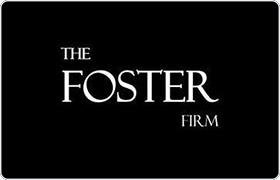Milligan Misdemeanor Lawyer, Florida
Sponsored Law Firm
-
 x
x

Click For More Info:
-
The Foster Firm
42 Business Centre Drive Suite 301 Miramar Beach, FL 32550» view mapCriminal Defense Law We Will Protect Your Rights!
Our law firm has been operating for more than 15 years and our team has numerous years of experience between them, to ensure you get the best legal advice possible.
800-940-3710
Not enough matches for Milligan Misdemeanor lawyer.
Below are all Milligan Criminal lawyers.
Brandon O Stewart
Civil Rights, Personal Injury, Criminal, Commercial Real Estate, Mass Torts
Status: In Good Standing Licensed: 18 Years
Bert Edward Moore
Lawsuit & Dispute, Divorce & Family Law, Criminal, Bankruptcy & Debt
Status: In Good Standing Licensed: 43 Years
Ryan Geoffrey Hardy
Estate, Divorce & Family Law, Criminal
Status: In Good Standing Licensed: 13 Years
 James J. Foster Miramar Beach, FL
James J. Foster Miramar Beach, FL Practice AreasExpertise
Practice AreasExpertise
